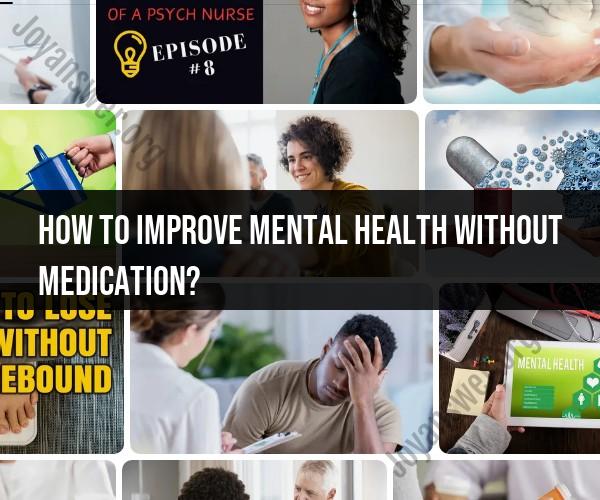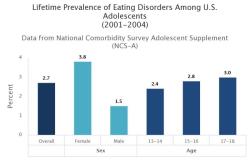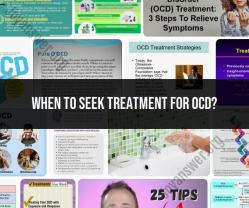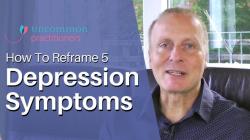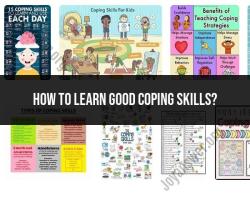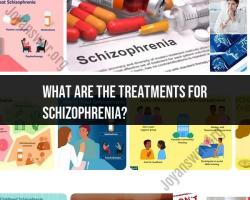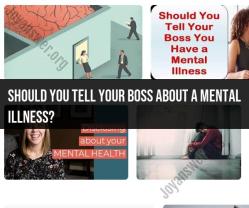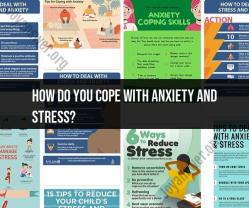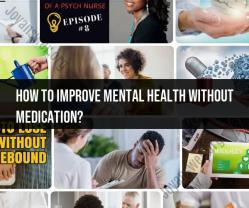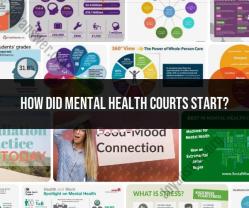How to improve mental health without medication?
Improving mental health without medication involves adopting a holistic approach that addresses various aspects of well-being. It's important to note that the strategies mentioned below are general suggestions and may not replace professional advice. If you are experiencing mental health challenges, it's recommended to consult with a mental health professional for personalized guidance. Here are some ways to promote mental well-being without medication:
Regular Exercise:
- Physical activity has been linked to improved mood and reduced symptoms of anxiety and depression. Aim for at least 150 minutes of moderate-intensity exercise per week.
Healthy Diet:
- Eat a balanced and nutritious diet rich in fruits, vegetables, whole grains, lean proteins, and omega-3 fatty acids. Nutrient-dense foods can positively impact mental health.
Adequate Sleep:
- Prioritize good sleep hygiene by maintaining a regular sleep schedule, creating a comfortable sleep environment, and avoiding stimulants close to bedtime.
Stress Management:
- Practice stress-reducing techniques such as mindfulness meditation, deep breathing exercises, yoga, or progressive muscle relaxation.
Social Connections:
- Cultivate and maintain strong social connections. Spend time with supportive friends and family, engage in social activities, and build a sense of community.
Set Realistic Goals:
- Break down larger goals into smaller, achievable steps. Setting and accomplishing realistic goals can boost confidence and a sense of purpose.
Mindfulness and Relaxation Techniques:
- Practice mindfulness and relaxation techniques to stay present and reduce the impact of stressors. This can include meditation, guided imagery, or mindfulness-based stress reduction (MBSR).
Engage in Hobbies:
- Participate in activities you enjoy and that bring you a sense of accomplishment. Hobbies can be a valuable outlet for creativity and self-expression.
Limit Substance Use:
- Avoid excessive alcohol and substance use, as they can negatively impact mental health. Seek professional help if you are struggling with substance-related issues.
Therapy and Counseling:
- Consider psychotherapy or counseling. Cognitive-behavioral therapy (CBT), talk therapy, and other therapeutic approaches can be effective in addressing mental health concerns.
Support Groups:
- Join support groups where you can connect with others who may be experiencing similar challenges. Sharing experiences and receiving support can be beneficial.
Practice Self-Compassion:
- Be kind to yourself and practice self-compassion. Challenge negative self-talk and replace it with positive and affirming statements.
Establish Routine:
- Create a daily routine that includes regular meal times, exercise, and sufficient rest. A structured routine can provide stability and predictability.
Nature and Outdoors:
- Spend time in nature or outdoors. Exposure to natural environments has been associated with improved mood and well-being.
Remember that individual experiences and needs vary, and what works for one person may not work for another. If you are struggling with your mental health, seeking guidance from a mental health professional is crucial for personalized support and treatment.
Maintaining good mental health is crucial for overall well-being and a fulfilling life. While medication can be an effective treatment for certain mental health conditions, there are numerous non-medication approaches that can significantly enhance mental well-being. Here are some effective ways to improve mental health without medication:
1. Prioritize Self-Care
Engage in activities that promote physical and emotional well-being.
Regular exercise: Physical activity releases endorphins, natural mood-boosters, and reduces stress hormones. Aim for at least 30 minutes of moderate-intensity exercise most days of the week.
Adequate sleep: Sufficient sleep is essential for brain function and emotional regulation. Aim for 7-8 hours of quality sleep each night.
Nutritious diet: A balanced diet provides essential nutrients that support brain health and emotional well-being. Avoid processed foods, excessive sugar, and excessive caffeine.
2. Practice Mindfulness and Stress Management
Techniques that promote relaxation and mental clarity can significantly improve mental well-being.
Meditation: Meditation involves focusing your attention on the present moment, reducing stress, and enhancing self-awareness.
Deep breathing exercises: Deep breathing techniques can calm the nervous system and reduce anxiety.
Yoga and tai chi: These mind-body practices combine physical movement with mindfulness, promoting relaxation and stress reduction.
3. Cultivate Positive Relationships
Social connections and supportive relationships are crucial for emotional well-being.
Nurture meaningful connections: Spend time with loved ones, engage in activities you enjoy together, and offer support and empathy.
Seek social interaction: Join clubs, volunteer, or participate in group activities to expand your social circle and combat loneliness.
4. Engage in Meaningful Activities
Pursuing activities that bring you joy and purpose can contribute to positive mental well-being.
Hobbies and interests: Dedicate time to activities that you find fulfilling and engaging.
Creative expression: Engage in creative pursuits like writing, painting, or music, which can provide an outlet for emotions and foster self-expression.
Helping others: Volunteering or engaging in acts of kindness can boost your mood and sense of purpose.
5. Seek Professional Support When Needed
If you are experiencing persistent or severe symptoms of mental health issues, don't hesitate to seek professional help.
Therapy: Cognitive behavioral therapy (CBT) and other forms of therapy can help you develop effective coping mechanisms, manage difficult emotions, and improve your overall mental well-being.
Counseling: Counseling provides a safe space to discuss your concerns, receive guidance, and develop strategies for managing mental health challenges.
Remember, enhancing mental health is a journey, not a destination. Be patient with yourself, incorporate these non-medication approaches into your daily routine, and seek professional support when needed. By prioritizing your mental well-being, you can cultivate a healthier, happier, and more fulfilling life.
